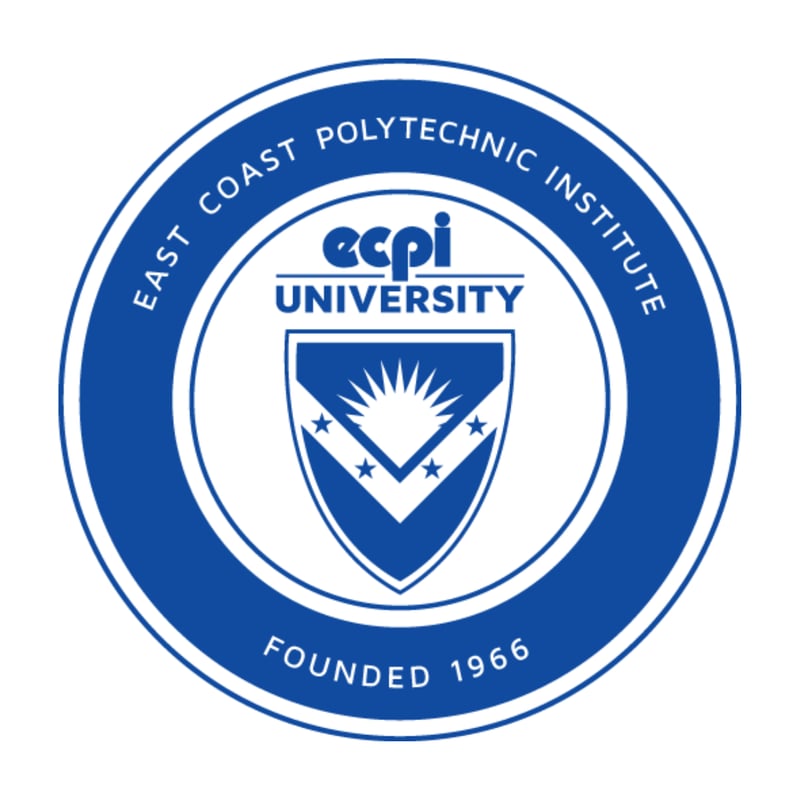
Financial aid (may be available)

No cost info

Financial aid (may be available)

Financial aid (may be available)

Financial aid (may be available)

Financial aid (may be available)

Financial aid (may be available)

Financial aid (may be available)

No cost info

No cost info

Financial aid (may be available)

Financial aid (may be available)

Financial aid (may be available)
This certificate program provides a foundation in supply chain and logistics management from both a U.S. as well as global perspective, preparing participants for professional careers with manufacturers and distributors, transportation carriers, and logistics service providers.
No cost info
American Military University (AMU) offers a logistics management certificate at the graduate level. It provides in-depth study of logistics and supply chain management with consideration of global impacts.
AMU’s online logistics certificate emphasizes transportation factors related to logistics, especially the maritime industry. The curriculum covers topics such as:
Transportation policy and planning
Transportation management and economics
Port and terminal operations
This program is an appropriate choice for those who wish to increase their knowledge of logistics and supply chain management without committing to a full degree program.
No cost info
No cost info
The online Logistics and Supply Chain Management Certificate from CCU will help you gain a deeper understanding of the processes and fundamentals within supply chain and inventory management, including purchasing and inbound logistics; material handling in distribution centers; warehousing and warehouse management; financial and inventory controls; transportation and distribution; and reverse and global logistics.
No cost info

Financial aid (may be available)

$2,730 total

No cost info
No cost info
Learn about the components of supply chains including supply chain networks, supply chain facilities, transportation, and inventory management as well as how emerging technologies affect them with our Supply Chain Fundamentals Certificate. These courses are perfect for learners seeking to enter the supply chain profession, as well as those who are seeking to enter supervisory roles or enter a new domain within the supply chain.
No cost info

Financial aid (may be available)
Are you interested in pursuing a career in logistics? If you live in Milwaukee, you're in luck! There are several logistics classes available near you that can provide you with the necessary training and skills to succeed in this field. In this blog post, we will explore what logistics is, the training requirements, what to look for in a class, what to expect from the day-to-day class, the certification process, how to find related jobs, and other classes you can take after becoming a logistics professional. So let's dive in and explore the world of logistics!

Logistics is the process of planning, implementing, and controlling the efficient and effective flow of goods, services, and information from the point of origin to the point of consumption. It plays a crucial role in various industries, including manufacturing, retail, transportation, and more. A career in logistics can be rewarding and offer numerous opportunities for growth and advancement.
Logistics involves managing the movement and storage of goods and materials in a supply chain. It includes activities such as transportation, warehousing, inventory management, and order fulfillment. Effective logistics management ensures that products are delivered to customers on time and in the most cost-effective manner.
To start a career in logistics, you will need to complete a training program that provides you with the necessary knowledge and skills. While there are no specific educational requirements for entry-level positions, having a high school diploma or GED is preferred by most employers. However, some logistics roles may require a bachelor's degree in supply chain management or a related field.
When choosing a logistics class, there are a few factors to consider to ensure you select the right program for your needs. Here are some things to look for:
Accreditation: Make sure the class is accredited by a reputable organization or institution. This ensures that the program meets certain quality standards and will provide you with a valuable education.
Curriculum: Review the curriculum to ensure it covers all the essential topics and skills needed for a career in logistics. Look for classes that offer a comprehensive overview of supply chain management, transportation, warehousing, and inventory management.
Hands-on Training: Practical experience is crucial in the logistics field. Look for classes that offer hands-on training opportunities, such as internships or simulations, to enhance your learning experience.
Industry Connections: A class that has strong connections with local businesses and industry professionals can provide you with networking opportunities and potential job placements.
Logistics classes are designed to provide you with a solid foundation in the principles and practices of logistics management. Here's what you can expect from the day-to-day class:
Classroom Instruction: You will attend lectures and discussions led by experienced instructors who will cover various topics related to logistics. This will include learning about supply chain management, transportation modes, inventory control, and more.
Practical Exercises: Many classes incorporate practical exercises to help you apply the concepts you've learned. These exercises may include case studies, group projects, or simulations.
Guest Speakers: Some classes may invite guest speakers from the industry to share their insights and experiences. This can provide you with valuable real-world perspectives and networking opportunities.
Field Trips: Depending on the class, you may have the opportunity to participate in field trips to local warehouses, distribution centers, or transportation hubs. This allows you to see firsthand how logistics operations are carried out in the real world.
While certification is not required for entry-level positions in logistics, it can enhance your job prospects and demonstrate your dedication to the field. There are several professional certifications available for logistics professionals, including:
To obtain these certifications, you will need to meet certain eligibility criteria, such as having a certain number of years of experience in the field and passing a certification exam.
Once you have completed your logistics training, you'll be ready to start your career in this exciting field. Here are some tips for finding related jobs:
Online Job Boards: Utilize popular job search websites and online job boards to find logistics job opportunities in your area. You can filter your search by location, experience level, and job type to find the best matches for your skills and interests.
Networking: Connect with professionals in the logistics industry through networking events, industry conferences, and online platforms such as LinkedIn. Building relationships with others in the field can lead to job opportunities and valuable connections.
Staffing Agencies: Consider working with staffing agencies that specialize in logistics and supply chain management. These agencies can help match you with employers who are seeking qualified logistics professionals.
Company Websites: Visit the websites of logistics companies in your area and check their careers or job opportunities section. Many companies post their job openings directly on their websites.
Once you have established yourself in the field of logistics, you may want to consider expanding your skill set by taking additional classes. Here are some other classes you can consider:
Project Management: Developing project management skills can be valuable in the logistics field, as many projects involve coordinating multiple stakeholders and resources.
Lean Six Sigma: Lean Six Sigma is a methodology that focuses on improving process efficiency and reducing waste. This can be beneficial in streamlining logistics operations.
Supply Chain Management: Taking additional classes in supply chain management can deepen your understanding of the end-to-end logistics process and help you advance in your career.
Logistics is a dynamic and essential field that offers numerous opportunities for those interested in supply chain management and transportation. By completing a logistics class near you in Milwaukee, you can gain the necessary skills and knowledge to start a rewarding career in this industry. Remember to consider factors such as accreditation, curriculum, hands-on training, and industry connections when choosing a class. And don't forget to explore additional classes and certifications to further enhance your expertise. To discover more vocational training programs and career options, visit Dreambound, the largest platform for students seeking vocational training programs. Dreambound's mission is to provide all the information students need to find the perfect class. So start your journey in logistics today and unlock a world of opportunities!
If you're considering pursuing this certification in a different location, we have other in-depth guides to help. Check out our guides for different cities below:
Are you exploring diverse professional opportunities? Take a closer look at these resources that Dreambound has written to help in your search.
Dreambound's platform allows prospective students to find the right educational program for them through searching, filtering, and connecting with our extensive selection of career & technical education partners.
Dreambound has over 70 programs across healthcare, technology, business, and industrial trades. This includes programs such as Medical Billing, Cybersecurity, and welding.
Some of our schools offer financial aid for those who qualify. Many others offer payment plans, where you can pay the cost of class over time.
Yes, Dreambound offers many online programs. On Dreambound's search, you can filter by online, in-person, and hybrid (part online, part in-person).
Dreambound is completely free for you to use! We are supported by schools and organizations who pay to advertise on our website, so we can offer all of our career resources for free.